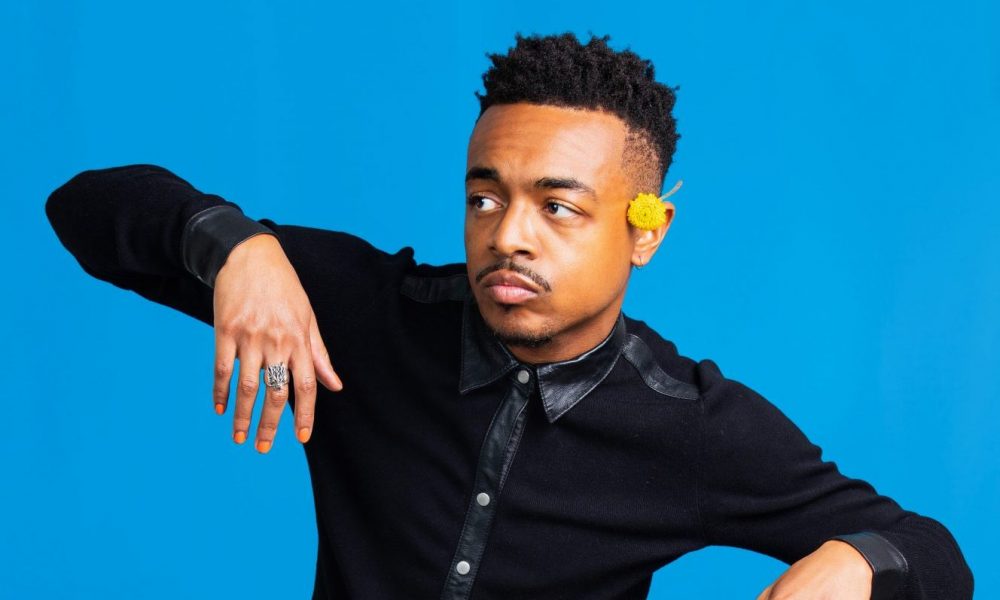

Today we’d like to introduce you to Joel Boyd.
Hi Joel, thanks for joining us today. We’d love for you to start by introducing yourself.
I was always a curious, somewhat restless kid. I memorized the Lion King when I was barely a couple of years old, so my mom figured I was supposed to be in the arts or something. She put me into a creative arts middle school back in Milwaukee, WI and from about ten years old, I was doing plays. I’ll never forget the moment I got my first laugh onstage. It was 6th grade, from a completely unscripted improvised moment—I added a joke in the school play, and somehow I was hooked on that feeling. I started doing improv and stand-up not long after. Actively pursuing stand-up at about 15 years old. Mind you, there was nowhere for a 15-year-old kid to do stand-up in Milwaukee at the time. So I had to put on my own shows downtown with a bunch of my friends. We put up flyers at school, all that stuff. I was just hungry. I wanted to make stuff, and I was always around other kids who were hungry and wanted to make stuff. On the weekends, I would take the train to Chicago by myself to take a teen stand-up course at the Second City, a famous comedy school. I think underneath it all though, I was always just confused. Growing up with two pastors as my parents, going to church to hear about Adam & Eve on Sunday, and then turning around learning about ecology and dinosaurs on Monday at a college prep high school was all confusing to me.
I think that’s why I started stand-up and writing. To ask social questions. From there, I went to college in Chicago at Columbia College and earned a BA in Television Writing & Producing while getting onstage every chance I got. Working at Trader Joe’s as my college grind job. At about 23 years old, I was able to quit bagging groceries and do comedy, theater, and acting full-time. Adding up all my paychecks from commercials, working at Second City, the Laugh Factory, and acting at Goodman, Steep and Steppenwolf—prestigious theaters in Chicago.
I got an LA talent manager from them seeing me do stand-up at a fest in Chicago. He started sending me writer’s packets to submit to write for TV shows. The first one I applied for was a job at TBS and I landed the gig as a writers’ assistant. Packed up everything I had and split the 30-hour drive from Chicago to Los Angeles with my big brother. Season 2, I got promoted to staff writer and from then on, I’ve been blessed to keep a good name and keep working.
Would you say it’s been a smooth road, and if not what are some of the biggest challenges you’ve faced along the way?
To be real, I’ve always had struggles with identity. You have to think of the dichotomy I grew up in. Going to black churches with my parents being religious leaders—basically local celebrities, while I was also often one of few kids of color doing improv and theater in predominantly white spaces. Those two worlds of church and everything that existed outside of it cluttered my mind. Once I started getting older, I realized I was being put into a box and audiences could smell it. I didn’t want to be the “black guy who performs for white crowds”—I didn’t want to be “their” comedian, their “black best friend”, the “sidekick” in their movies. I also wasn’t “urban” enough to kill in front of all-black crowds. I was always different. Always the odd-man out wherever I was. I often felt like an outcast, and in some ways, I’ve learned to use that as a superpower. I had to learn to make the white theater kids laugh and then turn around and make the black kids laugh on the basketball court the very same day when I got home to my neighborhood. It was always a crisis of who I was and where did I belong.
I’m still learning to be my authentic self. I had to reset my life a few times. Even after going to Just For Laughs in Montreal, one of the biggest comedy festivals in the world, the big break that many stand-ups want. I still came back to the States and I was lost. I took a 2-month break from comedy, acting—everything. Even during the pandemic, I took a 2.5 year break from stand-up. Just so I could hear my own voice.
As you know, we’re big fans of you and your work. For our readers who might not be as familiar what can you tell them about what you do?
From all the hats I wear, it all comes back to writing. I love words. So at the end of the day, how does everything start? With a script usually, haha. Somebody wrote it. I want to be that guy. The guy with the pen, the guy with the laptop you call to get it done, pushing social boundaries. That’s my thing. I’m the one you hire to subvert expectations. Whenever I am hired to be in the writer’s room or a producer for a TV show, I’m always the guy saying, “Yeah but what’s the furthest we can go?” I kind of like having S&P check me a little bit. That lets me know I’m pushing where we need to go. I like to put characters into sticky relationships and make it very delightfully complicated, heartbreaking, dark, real, and funny.
I’d say I’m most proud of HIGH POWER—a mystical dark comedy short I wrote, directed, and starred in. It swept the festival circuit and was just released on YouTube. SAD-ASS BLACK FOLK, the award-winning web series I co-created is and will always be a huge milestone and truly was a real-life film school for me. I recently dropped a surprise stand-up special BLOOM which is my most vulnerable material to date. I talk about masculinity, sexuality, the bible, the apocalypse. Stuff that I’m still working through if my family will accept me after everything I said. But it was real.
Who else deserves credit in your story?
Oh man, where do I start. Soooo many people saw me and believed in me. I’ll roll through a few in each city. In Milwaukee, it was Tyne Turner, brilliantly fiery theater teacher who first cast me at Lincoln Center Middle School of the Arts. Patrick Schmitz, dynamic writer and improv teacher. Sheri Williams Pannell, heartfelt director who welcomed me and continued to hire me. Jeff Frank, Rob Goodman, and John Maclay at First Stage Children’s Theater. In Chicago, my biggest advocates were Mike Fry, television writing teacher at Columbia College and Chris Redd (SNL). Two black men who really took me under their wing and taught me so much. My first agents at Paonessa Talent also allowed me many chances to grow.
When I got to Los Angeles, Eliza Skinner (TBS) taught me everything I know. She was the head writer of my first few jobs in LA and without her, I wouldn’t have nearly as much fun as I do in this town. Aaron Branch (Netflix) and Denny Love (Hulu), my brothers in comedy. As always, my mom, my pops (rest in power), my big brother Jeff and sister Joy for always supporting me. It meant so much to have people that truly saw you, and saw who you were capable of becoming.
Contact Info:
- Website: https://www.therealjoelboyd.com/
- Instagram: https://www.instagram.com/therealjoelboyd/
- Facebook: https://www.facebook.com/therealjoelboyd
- Twitter: https://twitter.com/therealjoelboyd
- Youtube: https://www.youtube.com/therealjoelboyd
- Other: https://www.tiktok.com/@therealjoelboyd
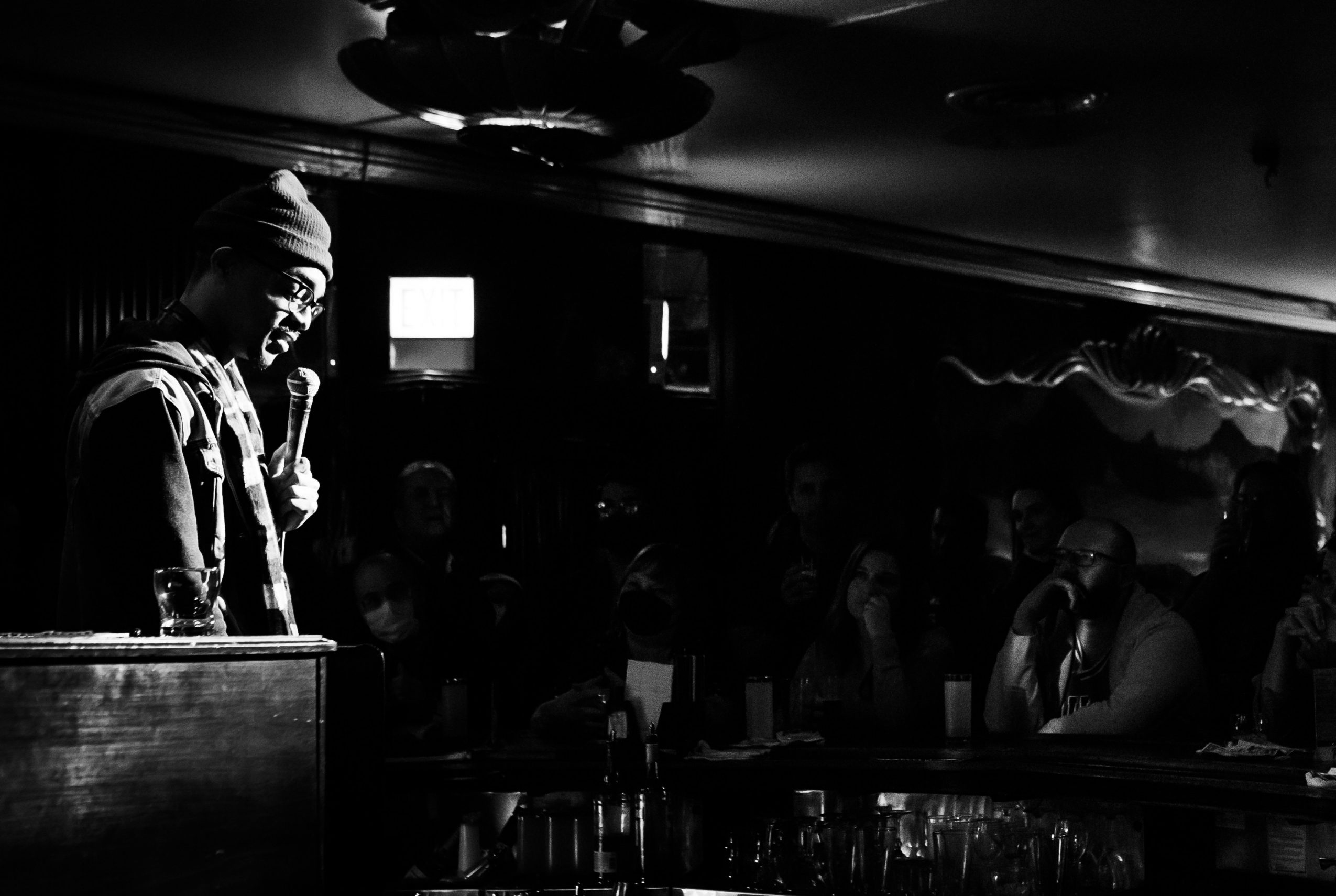
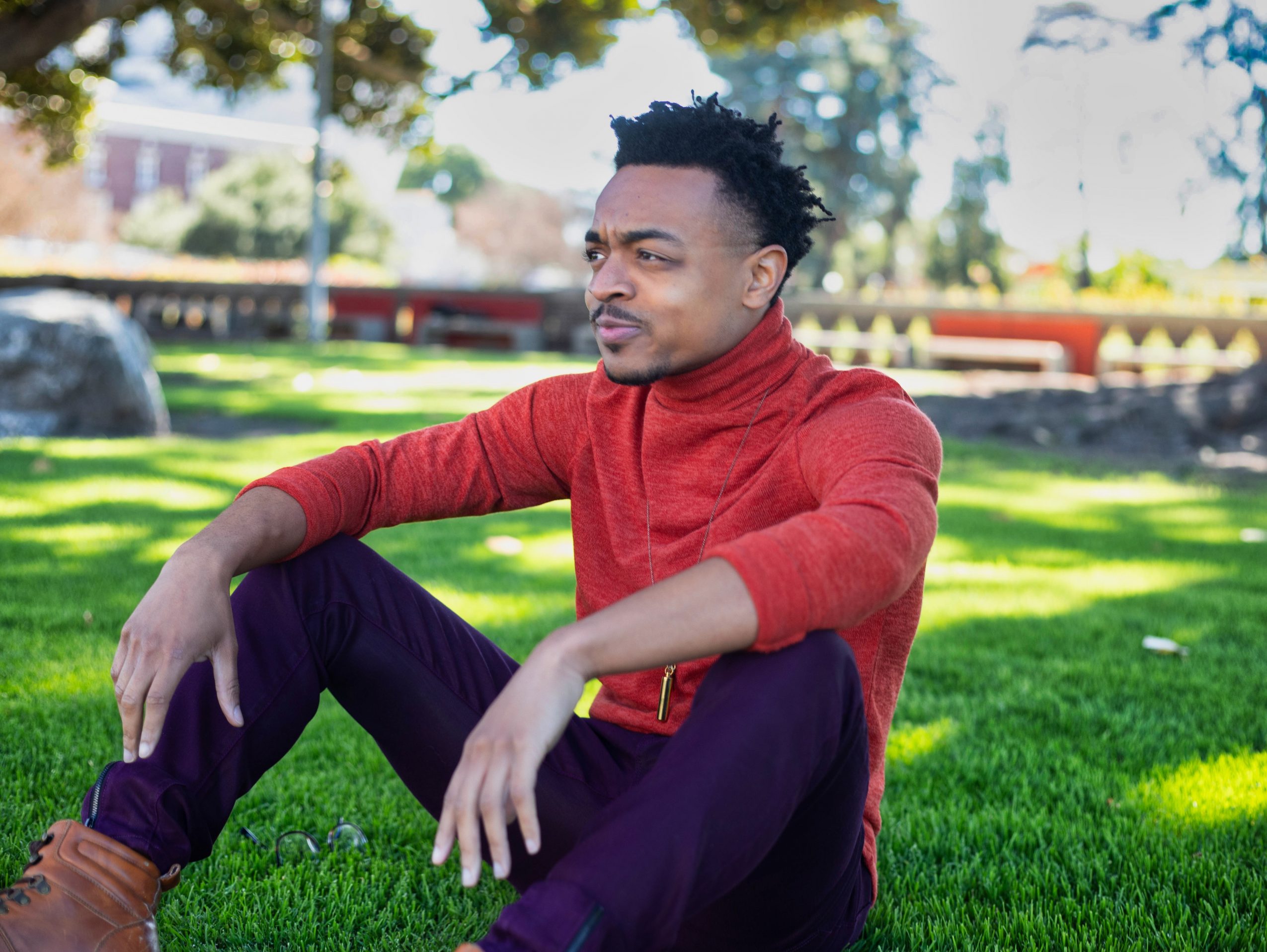
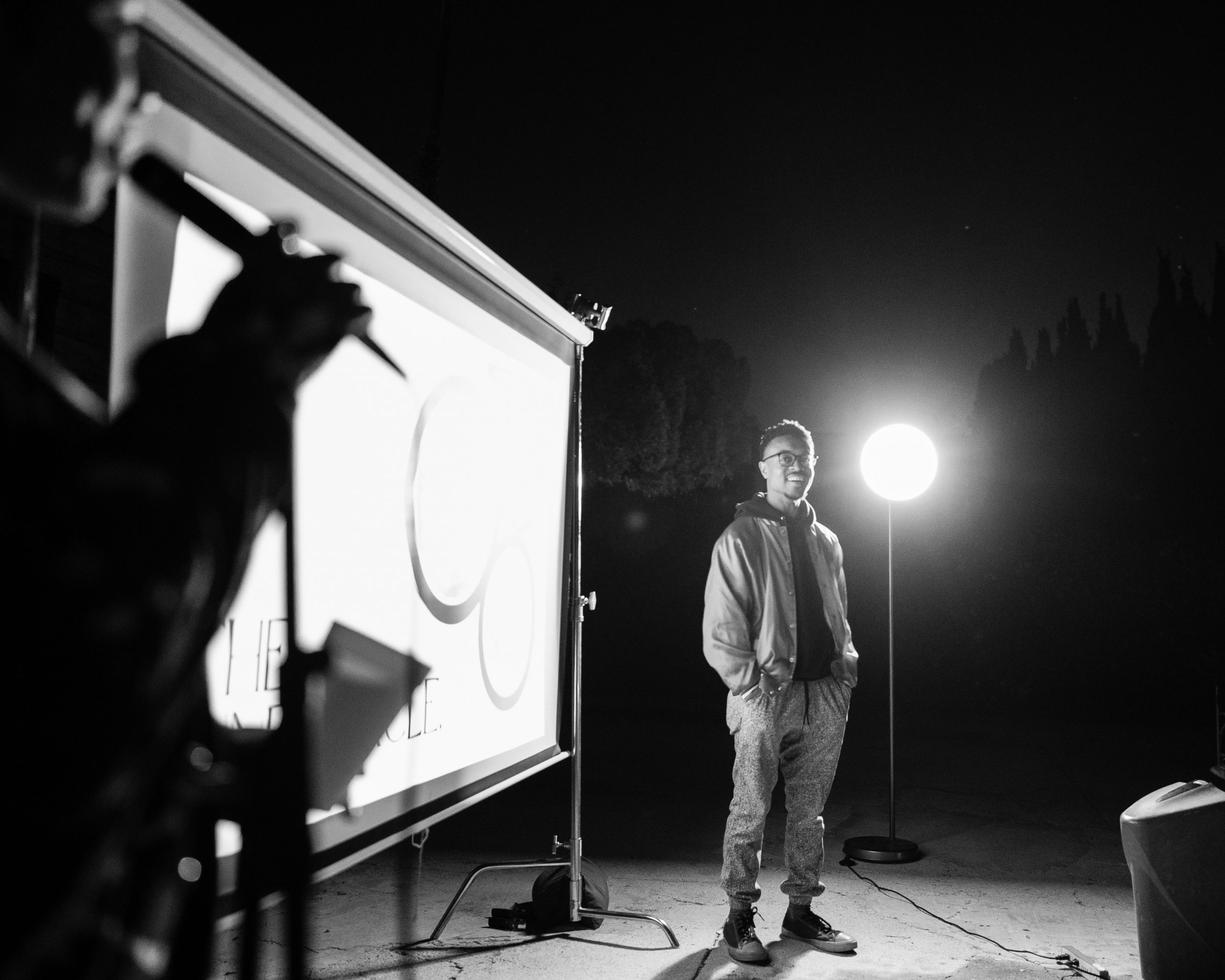
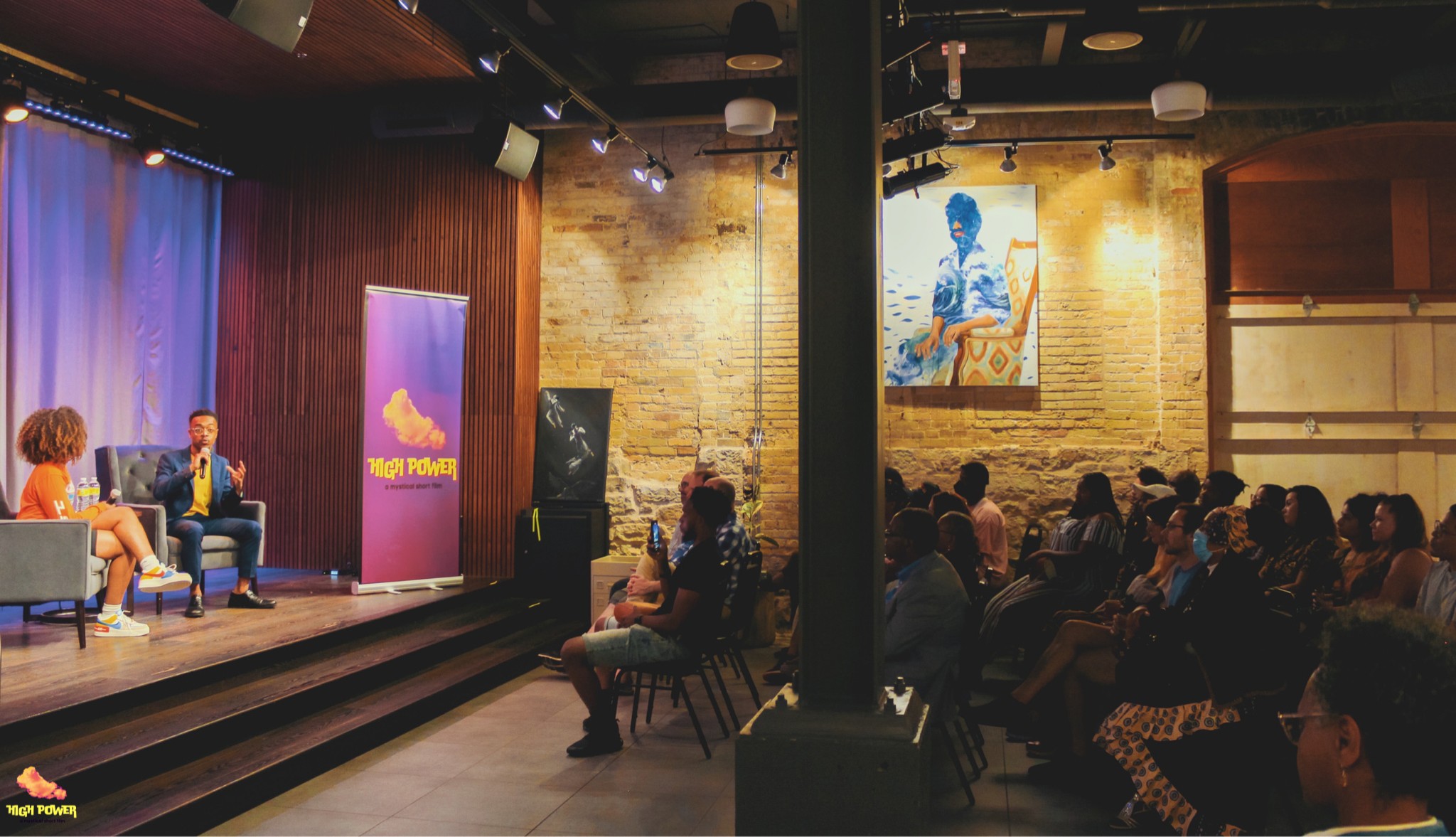
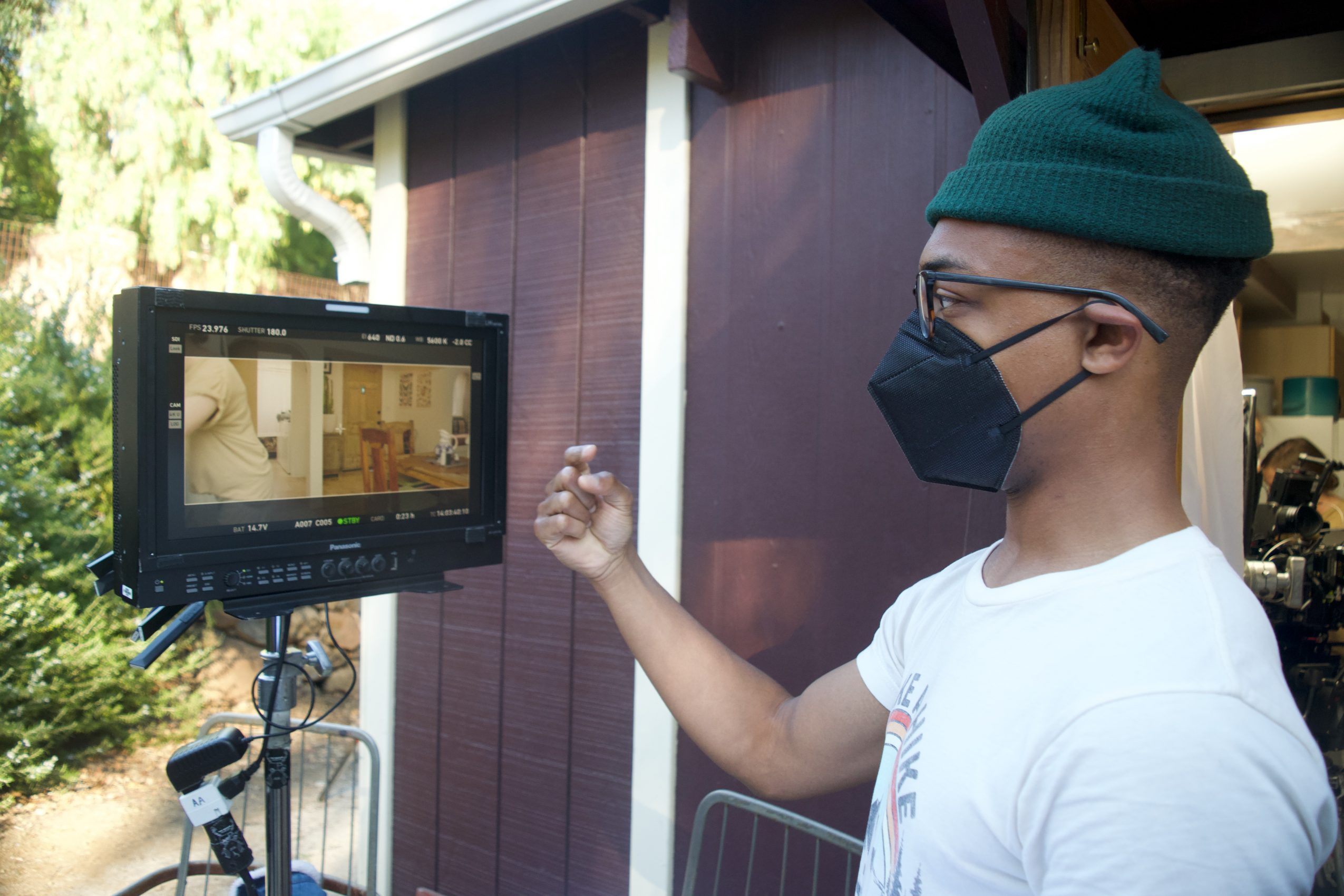
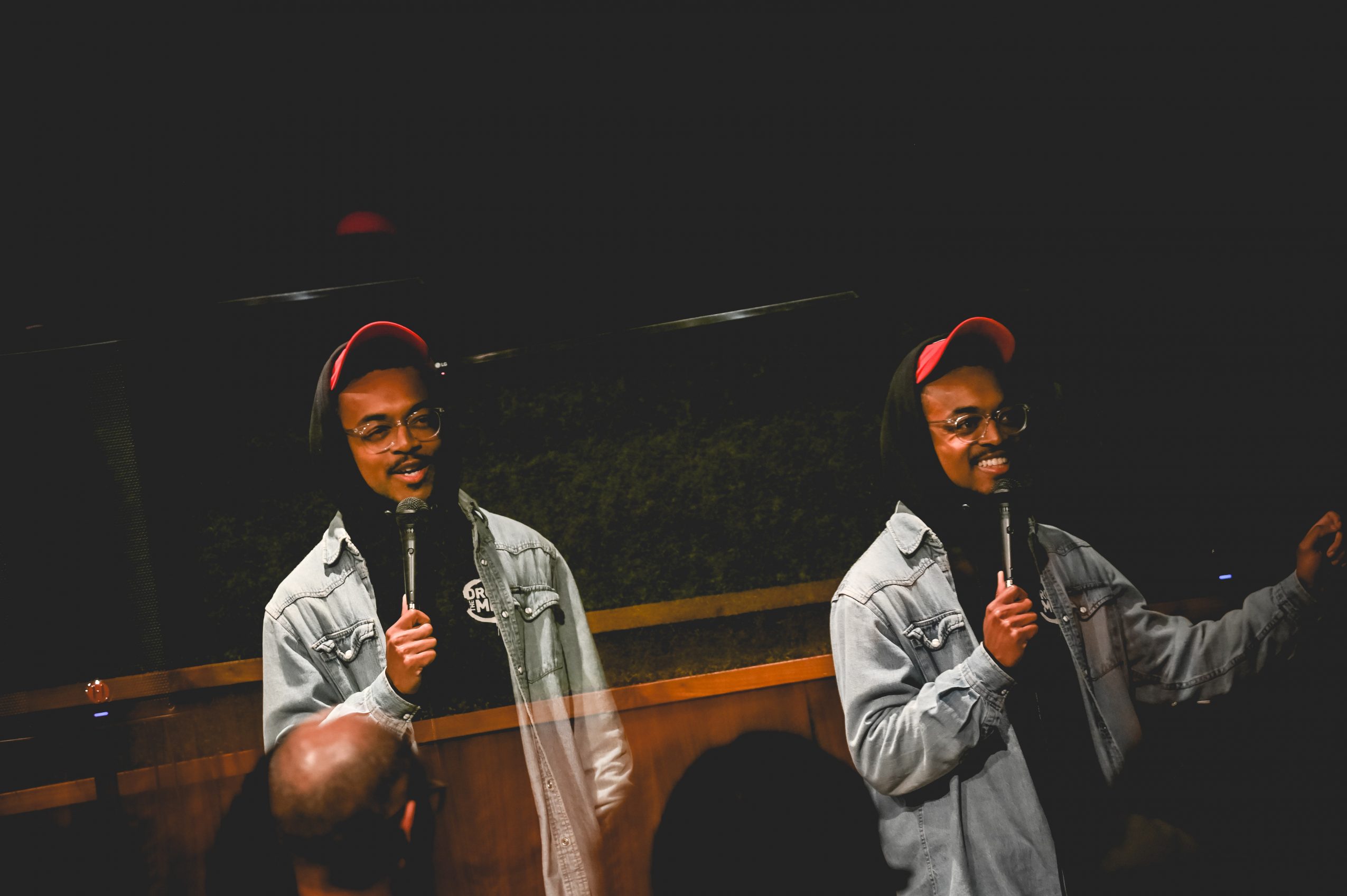 Image Credits
Image Credits
Adam Holmgren, Alexis Cabrera, Marcus Dawson, Kelly Dwyer, Sarah Larson, Wavy Flicks 414














